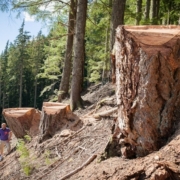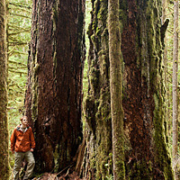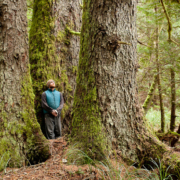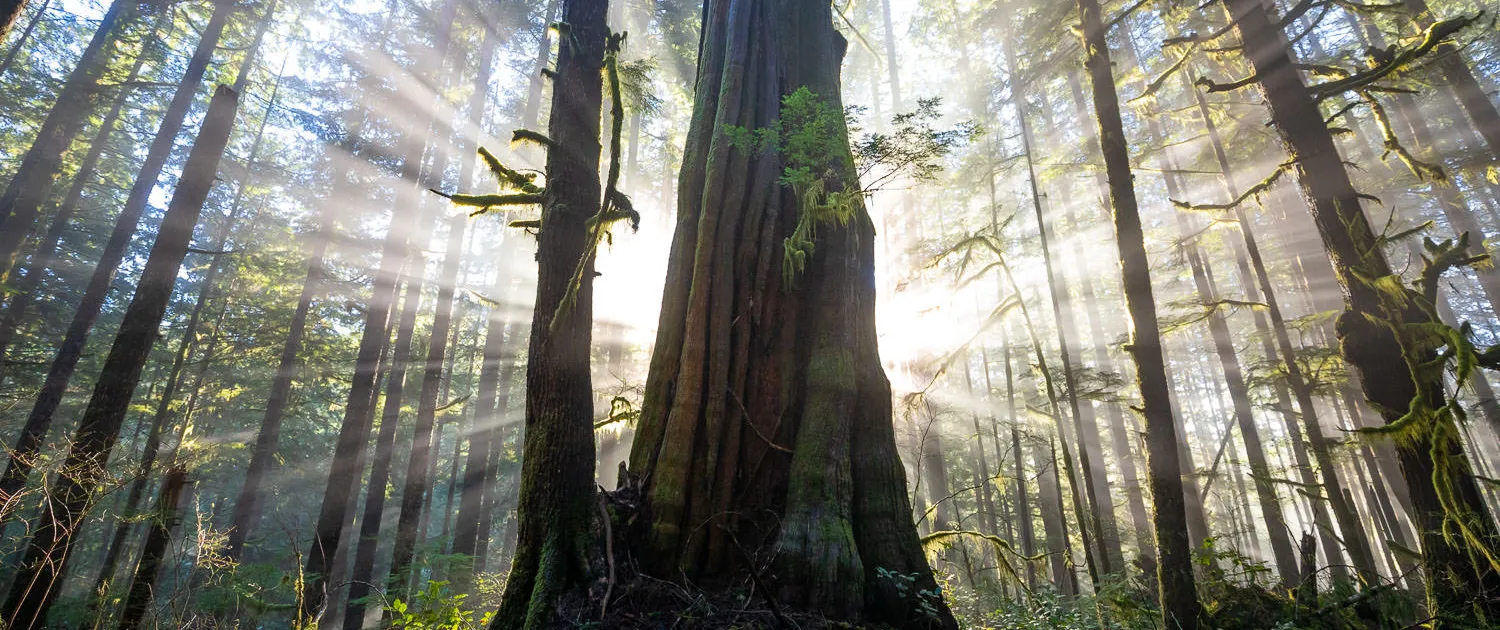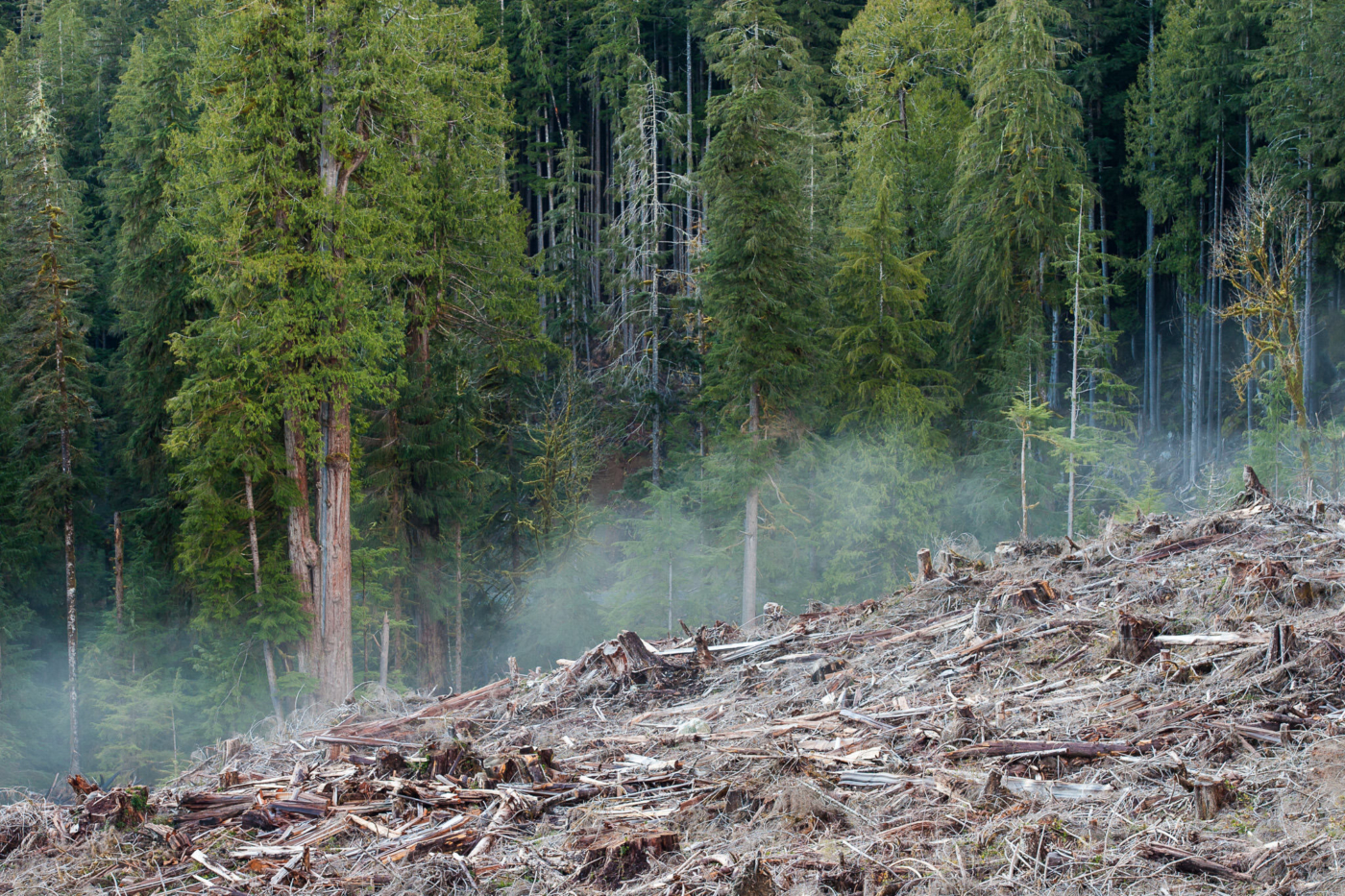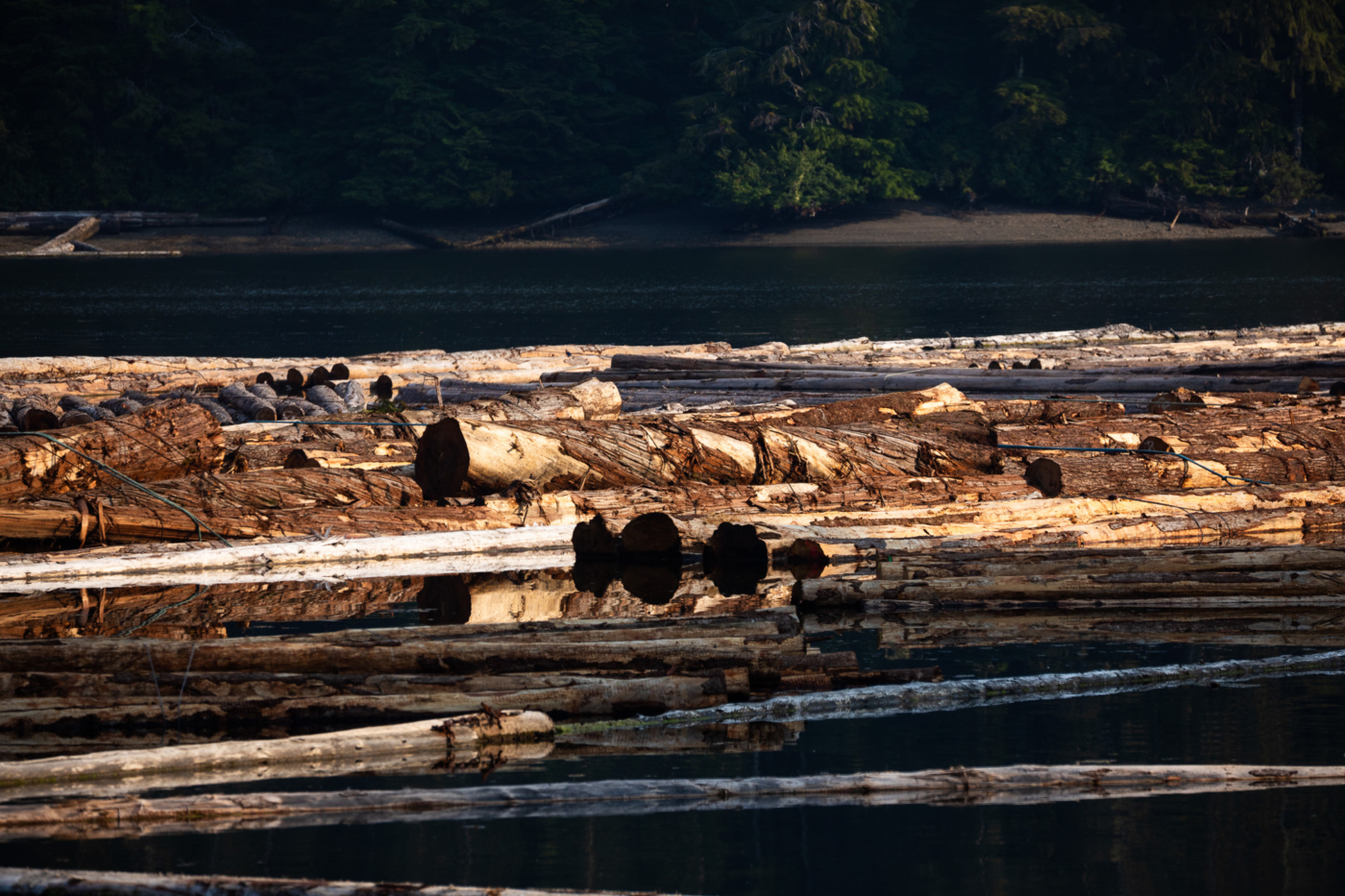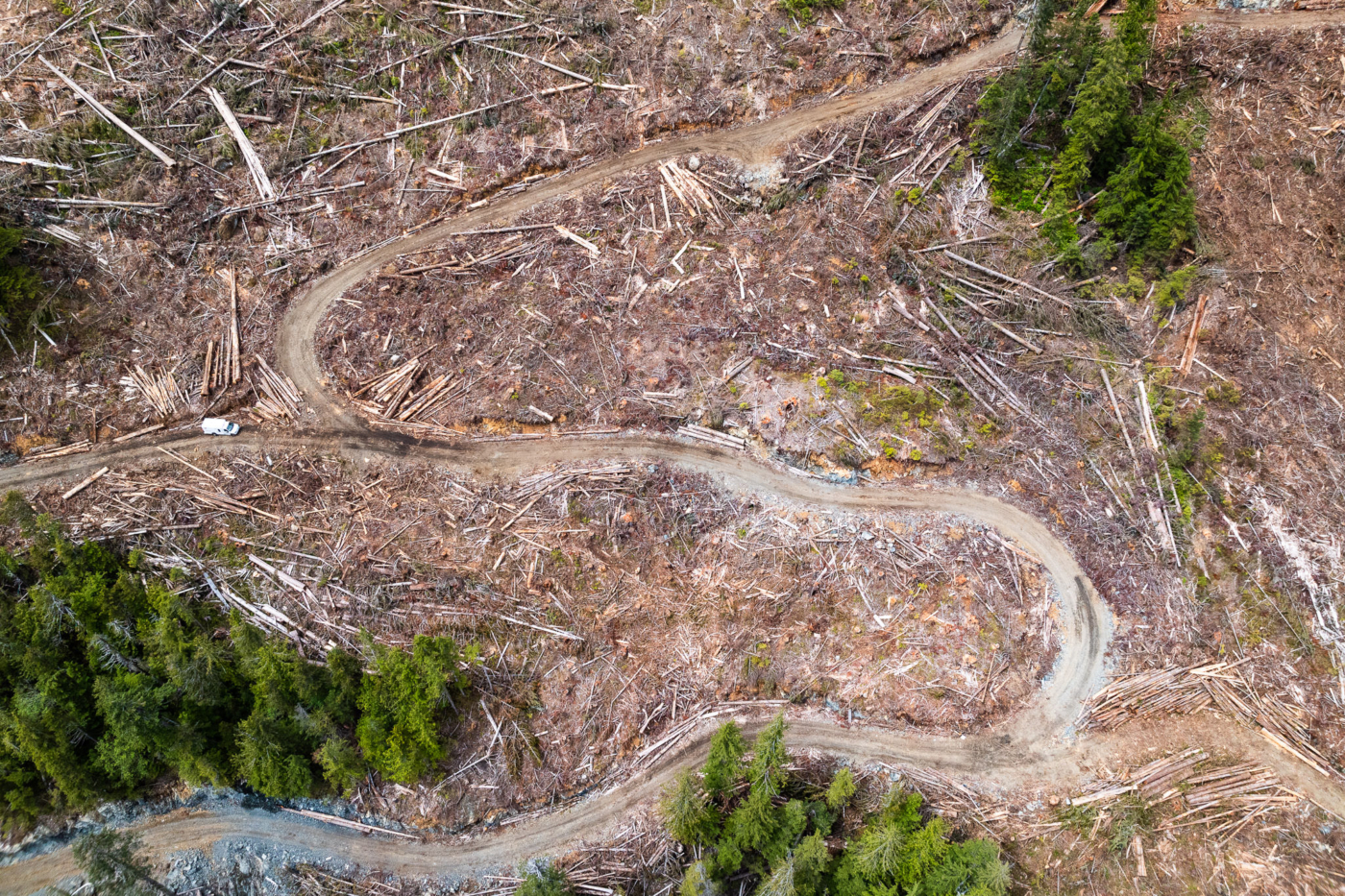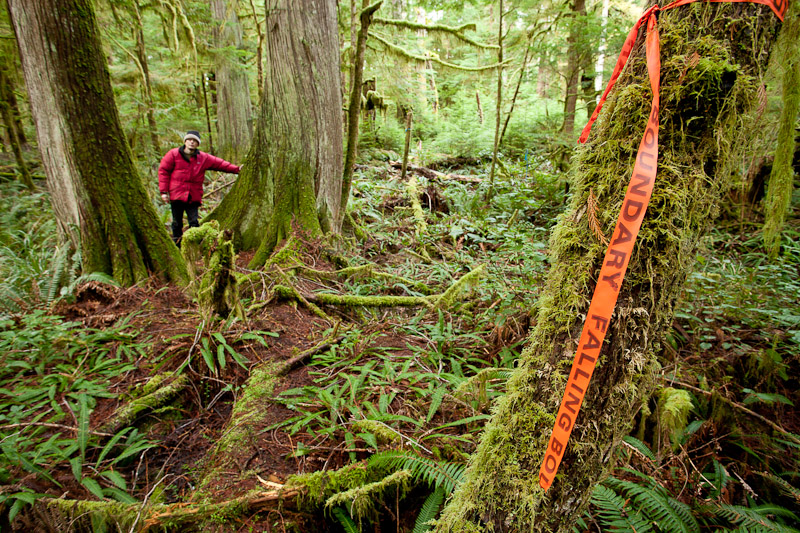 Dec 5 2012
Dec 5 2012Cortes Island residents rejoice as Island Timberlands temporarily withdraws logging crew
Cortes Island forest activists and residents celebrated today as Island Timberlands (I.T.) withdrew crews and announced that they would not attempt to move forward with operations for at least a week.Tensions on the island had been rising since the residents gathered to stage a logging blockade broke at the end of last week.
“We are feeling pleased that our efforts have kept these forests standing, which is a win for the community,” community organizer Leah Seltzer said.
“But we are also aware that I.T. crews could return to the island as early as next week. We are continuing to organize on the ground, expand the movement and prepare for all possibilities.”
The protests were the latest in an ongoing effort by Cortes Island residents to stop logging on their island, which was originally scheduled to begin in January.
- Logging of pristine BC island forest by Brookfield Asset Management to begin in January
- Petition against logging pristine B.C. forest draws Margaret Atwood, Mia Farrow and 4700 signatures
- Hand delivered petition urges Island Timberlands to reconsider logging of pristine B.C. forest
Island Timberlands, which plans to industrial log Cortes Island is owned by Brookfield Asset Management with $110 billion in managed assets and bcIMC with $92 billion in managed assets. Recently, China Investment Corporation, a sovereign wealth fund which manages China’s foreign exchange reserves, has negotiated for a 12.5 per cent stake in Island Timberlands.
Island Timberlands expressed a desire to return to negotiations with Cortes Island residents, and their lawyers will be meeting with legal counsel from Straith Litigation Chambers of West Vancouver, who have been retained by Cortes community stakeholders.
Residents of Cortes Island, BC and supporters from across the province began the blockade in late November, in response to the arrival of contractors.
“This follows years of attempts to get Island Timberlands to join us in an ecosystem-based approach to forestry,” Cortes-raised forest activist Zoë Miles said.
“But we have not been met with willingness on the part of I.T. In fact, their logging plans have consistently failed to meet the wishes of the community.” Islanders’ stated wishes are to conserve provincially designated sensitive ecosystems and old-growth stands, protect wetlands and salmon-bearing streams, and agree to no clear-cut logging.
Many Cortes residents have made it clear that they not categorically opposed to all types of logging: they said they would support it if done in a sustainable manner.
At stake are some of the last 1 per cent of old-growth Coastal Douglas-fir forests, a number of documented threatened species, and provincially designated sensitive ecosystems. Also at stake is a local and provincial economy that could use the long-term forestry jobs, say residents who believe I.T.’s industrial forestry model employs few locals, and only for the short term, while shipping most of their logs raw to Asian markets.
Community members hope that the situation can be resolved in a way that meets local needs. Until then, islanders will be standing in the way of the equipment, and keeping a close eye on any further signs of I.T. activity on the island.

